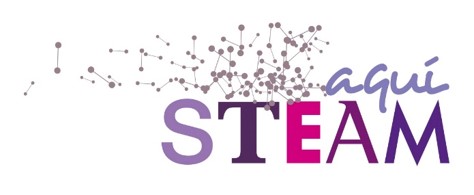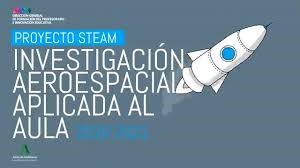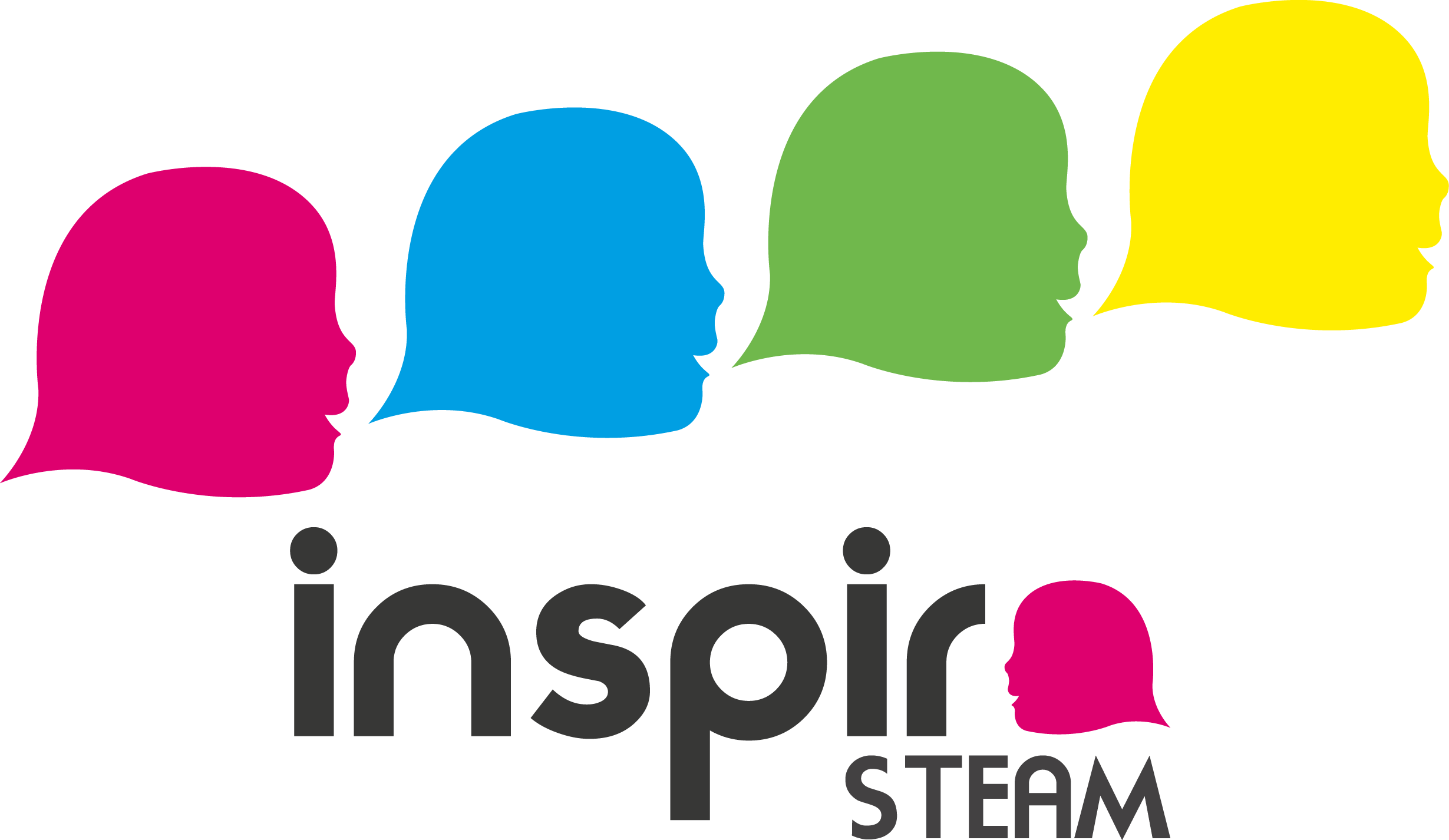In the Basque country 37 schools and 21 companies and other partners have joined the STEAMsare programme of the Basque Department of Education. The goal of this programme is to create a network of schools, companies and scientific-technological stakeholders in the Basque country focused on the promotion of STEAM education (Science, Technology, Engineering, Arts and Mathematics).
The Minister of Education, Cristina Uriarte, the Deputy Minister for Education, Maite Alonso, and the Deputy Minister for University and Research, Adolfo Morais, gave presentations at the STEAMsare program press conference. Together with them, Leire Bilbao, Managing Director of the Basque Innobasque-Innovation Agency, was also present, due to this project being developed with other stakeholders in line with other 'STEAM Euskadi Strategy' (Basque STEAM Strategy)-initiatives.
The STEAMsare programme was inspired by a successful educational approach developed in the Netherlands (and later implemented in Denmark as well as other countries) called Jet-Net. The main objectives of STEAMsare are to provide students with a realistic, positive and varied image of science and technology education and professions, while at the same time promoting careers in this area. Schools, companies and scientific-technological partners will work together throughout the year, with the help of one of the five partners involved. These are: Basque Innovation Agency (Innobasque), November Foundation, The Machine Tool Institute, Iraurgi Renovations and the Mondragon Corporation.
For more information, please see the full press release via the link above.








